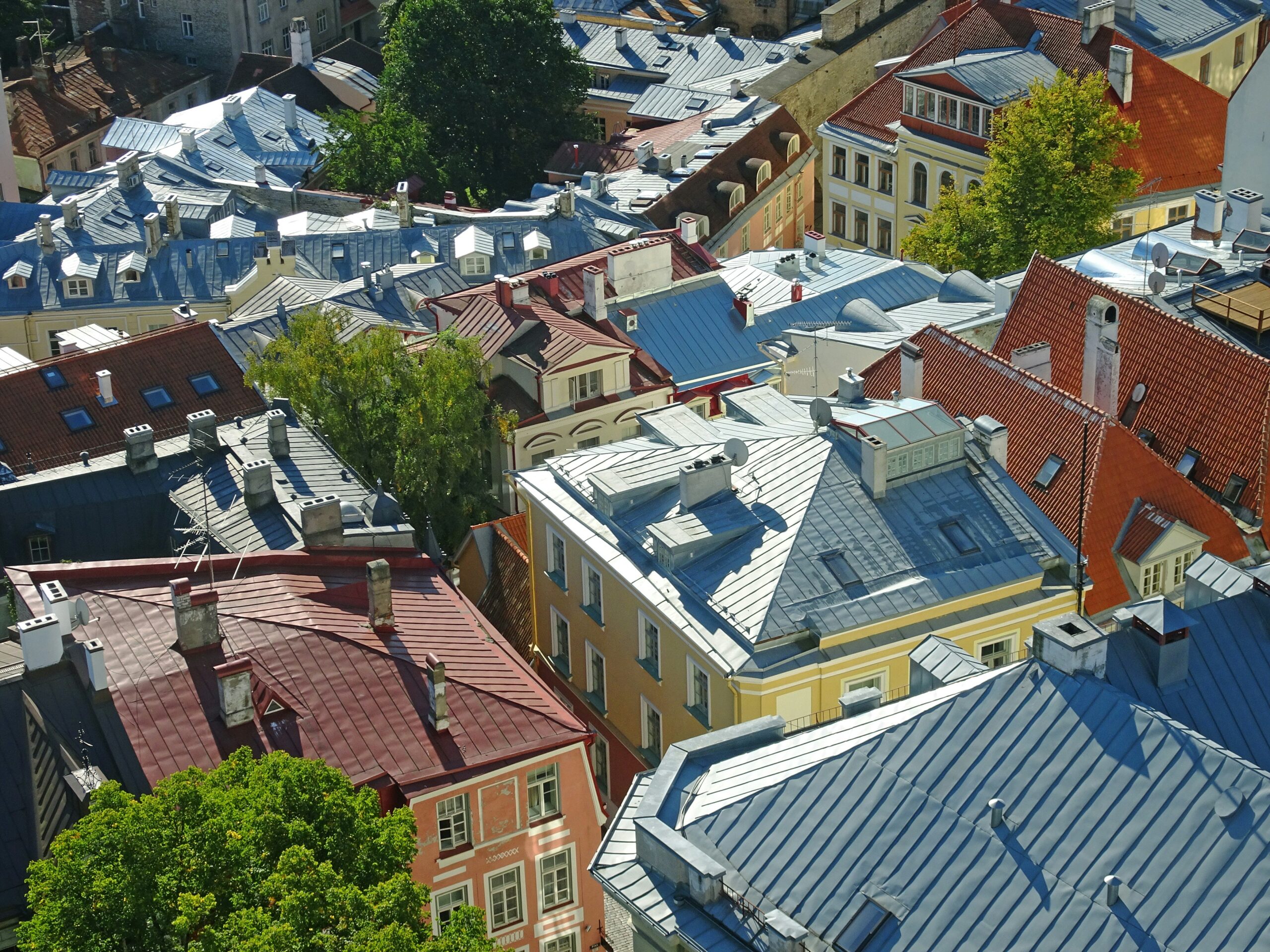
Main narratives:
- Anti-government sentiments;
- Economic difficulties in Estonia.
Overview:
Last week, nearly all local Russian-language Facebook groups featured identical posts claiming that residents of Estonia were selling their apartments en masse and moving to Russia and Belarus. These posts cited an interview given to Postimees by a realtor from one of the country’s major real estate agencies. In the original interview, the realtor discussed various trends in Estonia’s real estate market. In one of her responses, she did mention having encountered cases where people sold their homes to relocate to Russia or Belarus. However, the Facebook posts focused solely on this statement, with the authors adding their own interpretation – presenting it as a widespread phenomenon and “explaining” it by alleging complete incompetence on the part of the Estonian authorities, who supposedly care about everything except the well-being of their citizens. Such social media posts – and the scale of their dissemination – demonstrate how even a single sentence can be taken out of context to promote a pro-Kremlin narrative about the “failure of the Baltic states, and Estonia in particular.”
Pro-Kremlin social media commentators have criticised the Estonian government for the long border queues and ongoing disruption at the Narva checkpoint with Russia. They have portrayed the situation as evidence of mismanagement and political negligence. Meanwhile, Estonian authorities have acknowledged the significantly increased waiting times and growing public frustration. The government has warned that, if conditions continue to deteriorate, it may be forced to temporarily close the Narva checkpoint’s pedestrian crossing to maintain public order and strengthen border control. These issues are primarily due to stricter customs procedures, increased security measures, and a seasonal increase in cross-border movement during the summer months. Local residents and businesses on both sides of the border have expressed concerns about the economic impact and reduced mobility, particularly since Narva is an important transit point for many families. The situation remains tense with no clear or immediate solution in sight.









